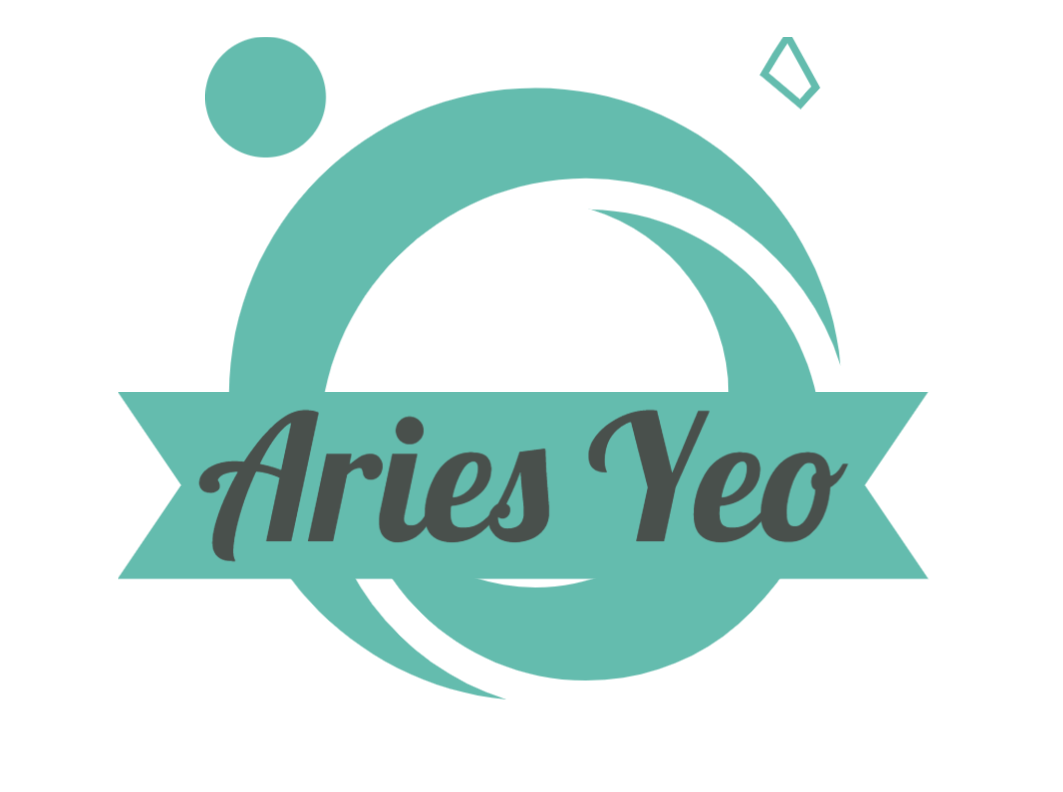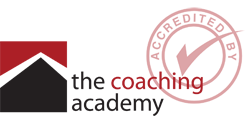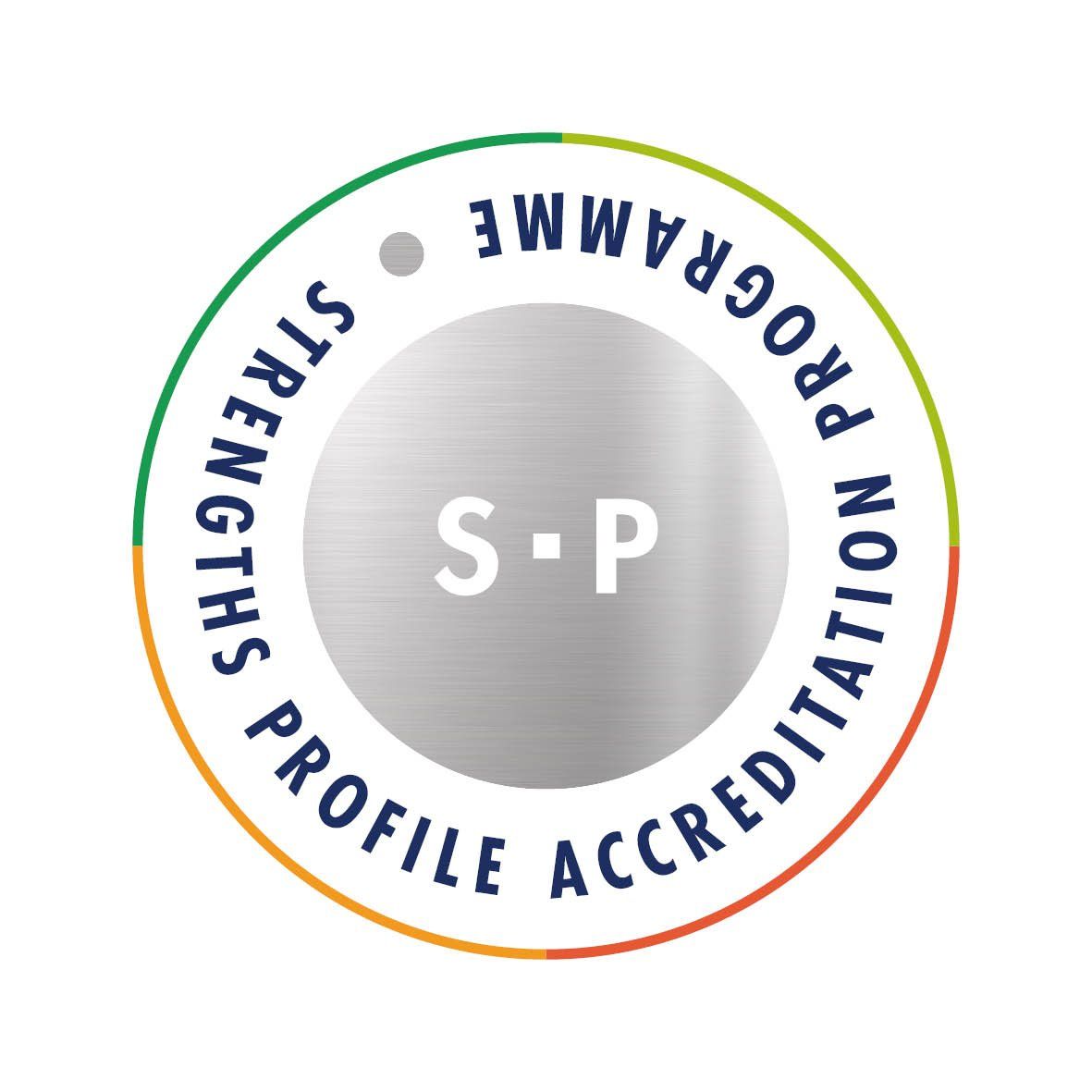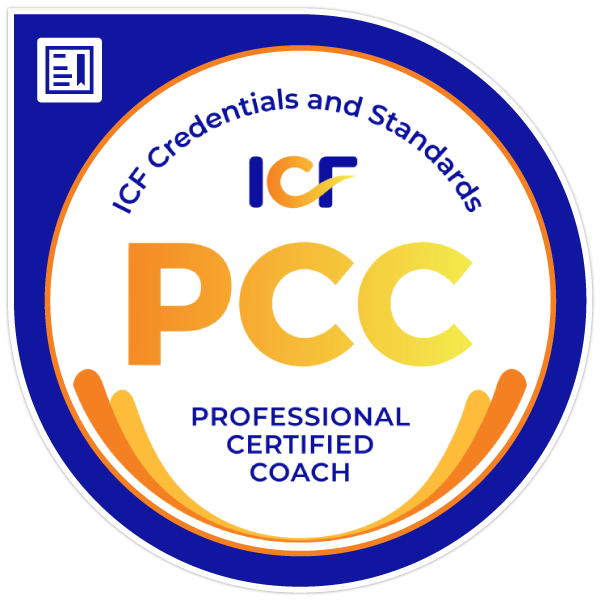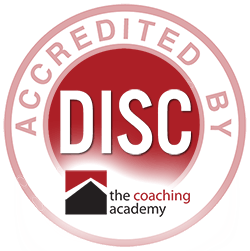Seeing the REAL You
Awareness of SELF

“The most important conversations you'll ever have are the ones you'll have with yourself.” — David Goggins.
Being self aware is at the core of what Howard Gardner refers to as intrapersonal intelligence or what John Mayer, Peter Salovey, and Daniel Goleman refer to as EQ
They describe self-awareness as the capacity to be introspective and examine thought and feelings
This includes:
- Effective awareness: knowledge of one’s feelings, attitudes, moods and outlook
- Ethical awareness: the ability to set one’s principles and moral priorities
- Self-regulation : the ability to monitor one’s thoughts, actions and behaviour
- Metacognition: the ability to be aware of one’s thought processes
Self-awareness also means having a clear picture of our internal motives; those things that drive us to say what we say or do what we do. Peeling away the layers of our motivations is not always a comfortable process, but it is necessary step if our goal to become an authentic leader known for personal integrity. Central to this process is gaining absolute clarity about what we perceive our purpose is in life and how we define success
Having a Better Understanding of SELF through acceptance will also mean we will have a more compassionate, empathy heart to others and thus a better relationship in our life.
For myself:
Effective awareness means knowing my own personality traits ( natural tendency inclination preference or behaviours, communication style, etc.
Ethical awareness, knowing my own principles & Moral priorities. (values & beliefs), what I can vs cannot compromise
Self Regulation : acceptance, introspections, courage
Metacognition : paying attention to that pattern, generally needs some external help like CL to uncover the inner patterns through modelling, coaching where some used the ‘talking through’, etc
Awareness lies at the root of one's character, giving us the ability to lead with a sense of purpose, authenticity, openness and trust.
It explains our successes and our failures. And by giving us a better understanding of who we are, self-awareness also gives us a better understanding of what we need most from other people, to complement our own deficiencies in leadership.
The question, then, is how we can cultivate this sense of inner awareness. There are many ways to do so.
- Practice mindfulness and meditation
Mindfulness refers to being present in the moment and paying attention to yourself and your surroundings rather than getting lost in thought or ruminating or daydreaming.
It is a form of practicing to improve your moment-by-moment awareness.
Most forms of mediation begin with focusing your attention on one thing, such as your breath, a mantra, or a feeling, and letting your thoughts drift by instead of holding on to them.
Both practices can help you become more aware of your internal state and your reactions to things. They can also help you identify your thoughts and feelings and keep from getting so caught up in them that you lose your hold on your “self.”
None of these need to be formal or ritualistic – greater clarity can also come from regular moments of pause and reflection.
2. Make time to reflect
Reflecting can be done in multiple ways (including journaling; see the next tip) and is customizable to the person reflecting, but the important thing is to go over your thoughts, feelings, and behaviors to see where you met your standards, where you failed them, and where you could improve.
You can also reflect on your standards themselves to see if they are good ones for you to hold yourself to. You can try writing in a journal, talking out loud, or simply sitting quietly and thinking, whatever helps you to reflect on yourself.
Ask of yourself
- What am I trying to achieve
- What am I doing that is working
- What am I doing that is slowing me down
- What can I do to change
3. Journaling
The benefit of journaling is that it allows you to identify, clarify, and accept your thoughts and feelings. It helps you discover what you want, what you value, and what works for you. It can also help you find out what you don’t want, what is not important to you, and what doesn’t work for you.
Both are equally important to learn. Whether you like to write free-flowing entries, bulleted lists, or poems, writing down your thoughts and feelings helps you to become more aware and intentional.
4. Ask people around you
It’s vital to feel we know ourselves from the inside, but external feedback helps too. Ask your family and close friends about what they think about you. Have them describe you and see what rings true with you and what surprises you. Just like 360 feedback – it helps us to see our blind spot.
Carefully consider what they say and think about it when you journal or otherwise reflect. Of course, don’t take any one person’s word as gospel; you need to talk to a variety of people to get a comprehensive view of yourself.
5. Others
Take psychometric tests for they are generally very accurate and give you the language to understand yourself. Languages are powerful, many a times we find it challenging to express a view, an idea, and when we hae that language, everything just seems to fall into place.
Practice Yoga, although it is a physical activity, it’s just as much mental practice. While your body is stretching and bending and flexing, your mind is learning discipline, self-acceptance, and awareness. You become more aware of your body and all the feelings that manifest, and you become more aware of your mind and the thoughts that crop up.
You can even pair yoga with mindfulness or meditation to boost your self-awareness.
Without Self-awareness, no one can ever fully lead or know themselves fully.
It is only with self-awareness that one can journey closer to a state of ‘self-congruence’ – in which what we say, think and feel are consistent. Building self-awareness is a lifelong event. You’re never done.
Sign up for my newsletter for more contents!
http://eepurl.com/hmi7Gb
